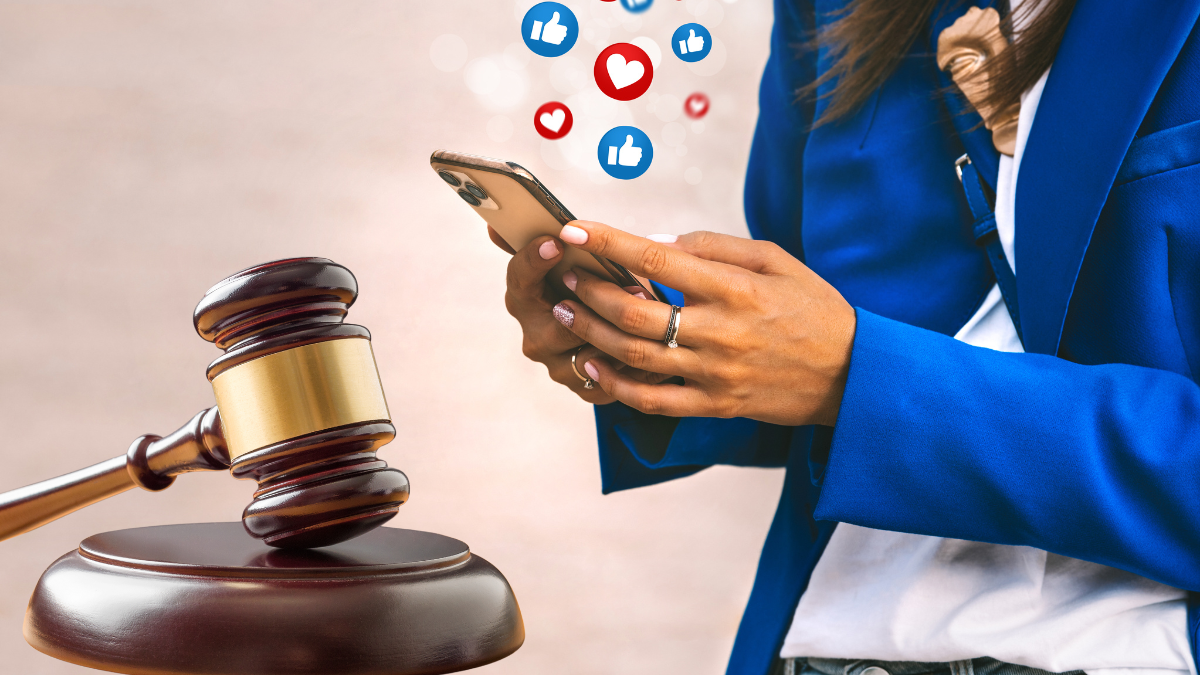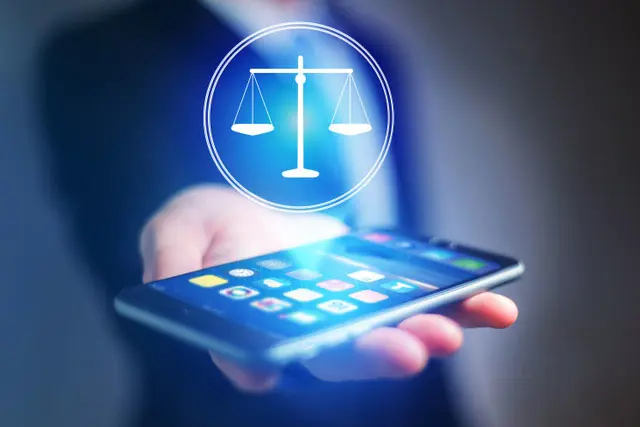
In today’s digital age, social media has become an integral part of our daily lives. Platforms like Facebook, Instagram, Twitter, TikTok, and LinkedIn allow us to connect, share, and express ourselves like never before. However, with great power comes great responsibility. The freedom to post, comment, and share online is not without limits. Laws and regulations govern online behavior, and ignorance of these laws can lead to serious consequences. For the general public, especially social media users, understanding these laws is not just a recommendation—it’s a necessity.
This article aims to highlight the importance of familiarizing yourself with relevant laws, the potential risks of ignoring them, and practical steps to stay informed and compliant. Whether you’re a casual social media user or an influencer, this guide is for you.
The Growing Importance of Social Media Laws
Social media has transformed how we communicate, but it has also introduced new challenges. Issues like cyberbullying, defamation, hate speech, privacy violations, and intellectual property theft have become increasingly common. Governments and regulatory bodies worldwide have responded by enacting laws to address these issues and ensure a safer online environment.
In Pakistan, for instance, laws such as the Prevention of Electronic Crimes Act (PECA) 2016 and the Pakistan Electronic Media Regulatory Authority (PEMRA) Ordinance regulate online behavior and content. These laws are designed to protect individuals and organizations from harm while holding offenders accountable.
However, many social media users are unaware of these laws or underestimate their implications. This lack of awareness can lead to unintentional violations, resulting in legal action, fines, or even imprisonment.
Key Laws Every Social Media User Should Know
Here are some of the most important laws and regulations that social media users should be aware of:
1. Prevention of Electronic Crimes Act (PECA) 2016
PECA is one of the most significant pieces of legislation governing online behavior in Pakistan. It addresses a wide range of cybercrimes, including:
- Cyberstalking and harassment: Posting threatening or abusive content online.
- Defamation: Sharing false information that damages someone’s reputation.
- Identity theft: Using someone else’s identity or personal information without consent.
- Hate speech: Spreading content that incites violence or discrimination against individuals or groups.
Violations of PECA can result in severe penalties, including fines and imprisonment.

2. Intellectual Property Laws
Social media users often share content created by others, such as photos, videos, and music. However, using someone else’s work without permission can lead to copyright infringement claims. Intellectual property laws protect creators’ rights, and violating these laws can result in legal action.
3. Privacy Laws
Privacy is a major concern in the digital age. Sharing someone’s personal information, such as their address, phone number, or private photos, without their consent is a violation of privacy laws. In Pakistan, the Personal Data Protection Bill aims to safeguard individuals’ data and impose strict penalties for breaches.
4. PEMRA Regulations
While PEMRA primarily regulates electronic media, its guidelines also apply to social media content that is broadcast or shared widely. For example, sharing fake news or content that incites violence can lead to legal consequences under PEMRA regulations.
5. International Laws
If you’re using platforms based in other countries, such as Facebook or Twitter, you’re also subject to their laws and policies. For example, the General Data Protection Regulation (GDPR) in the European Union imposes strict rules on data privacy and can affect users worldwide.
The Risks of Ignoring Social Media Laws
Failing to familiarize yourself with relevant laws can have serious consequences. Here are some of the risks:
1. Legal Action
Violating laws like PECS or copyright regulations can result in lawsuits, fines, or even criminal charges. For example, posting defamatory content can lead to a defamation lawsuit, while sharing copyrighted material can result in a copyright infringement claim.
2. Account Suspension
Social media platforms have their own community guidelines and terms of service. Violating these rules, even unintentionally, can lead to account suspension or permanent bans.
3. Damage to Reputation
Legal issues can damage your personal or professional reputation. For influencers and businesses, this can result in lost followers, customers, and revenue.
4. Financial Loss
Legal battles can be expensive. Fines, legal fees, and settlements can lead to significant financial losses.
5. Emotional Stress
Dealing with legal issues can be emotionally draining. The stress of facing legal action or defending yourself in court can take a toll on your mental health.
How to Stay Informed and Compliant
The good news is that staying informed and compliant with social media laws is not difficult. Here are some practical steps you can take:
1. Educate Yourself
Take the time to learn about the laws that apply to social media use in your country. Government websites, legal blogs, and online courses are great resources.
2. Read Platform Policies
Familiarize yourself with the community guidelines and terms of service of the platforms you use. These documents outline what is and isn’t allowed on the platform.
3. Think Before You Post
Before sharing content, ask yourself:
- Is this content true and accurate?
- Could it harm someone’s reputation or privacy?
- Do I have the right to share this content?
If you’re unsure, it’s better to err on the side of caution.
4. Use Credible Sources
When sharing news or information, make sure it comes from a credible source. Avoid spreading unverified or fake news.
5. Respect Intellectual Property
Always give credit to the original creator when sharing their work. If you’re unsure whether you can use something, seek permission first.
6. Protect Privacy
Avoid sharing personal information about yourself or others without consent. Be mindful of the privacy settings on your social media accounts.
7. Seek Legal Advice
If you’re unsure about the legality of something, consult a legal professional. They can provide guidance tailored to your specific situation.
The Role of Platforms and Governments
While individuals have a responsibility to follow the law, platforms and governments also play a crucial role in promoting compliance. Here’s how:
1. Platforms
Social media platforms should:
- Clearly communicate their policies and guidelines.
- Provide tools and resources to help users understand the law.
- Take swift action against violations.
2. Governments
Governments should:
- Educate the public about relevant laws.
- Ensure laws are clear, fair, and up-to-date.
- Enforce laws consistently and transparently.
Conclusion
Social media is a powerful tool, but it comes with responsibilities. Familiarizing yourself with relevant laws is essential to avoid legal issues and contribute to a safer online environment. By staying informed, thinking before you post, and respecting the rights of others, you can enjoy the benefits of social media while minimizing the risks.
For platforms like Trips.pk, which cater to a wide audience, promoting legal awareness is particularly important. By educating your users about the laws that govern social media use, you can help create a more responsible and informed community.
Remember, the internet is not a lawless space. What you post online can have real-world consequences. So, take the time to learn the rules—it’s a small effort that can save you from big trouble.
;More Travel News
-
 11-Dec-2022Umrah Insurance Certificate a Must for Going to Saudi Arabia
11-Dec-2022Umrah Insurance Certificate a Must for Going to Saudi Arabia -
 21-May-2021Saudi Arabia New Vaccine Conditions Bring Pakistani Travellers In A Trouble
21-May-2021Saudi Arabia New Vaccine Conditions Bring Pakistani Travellers In A Trouble -
 22-Jan-2023These Countries Send the Most Umrah Pilgrims Every Year
22-Jan-2023These Countries Send the Most Umrah Pilgrims Every Year -
 18-Oct-2019PIA Umrah Ticket Price 2019
18-Oct-2019PIA Umrah Ticket Price 2019 -
 06-Jun-2020UNWTO Says the Travelling Would Slowly Start Throughout the World
06-Jun-2020UNWTO Says the Travelling Would Slowly Start Throughout the World -
 31-Jul-2023Polio Card is Now Mandatory for Umrah Pilgrims
31-Jul-2023Polio Card is Now Mandatory for Umrah Pilgrims -
 29-May-2020Hajj and Umrah Still Postponed Due to the Coronavirus
29-May-2020Hajj and Umrah Still Postponed Due to the Coronavirus -
 03-Mar-2020Latest Updates on Umrah Travel Ban and When it Will be Lifted
03-Mar-2020Latest Updates on Umrah Travel Ban and When it Will be Lifted
